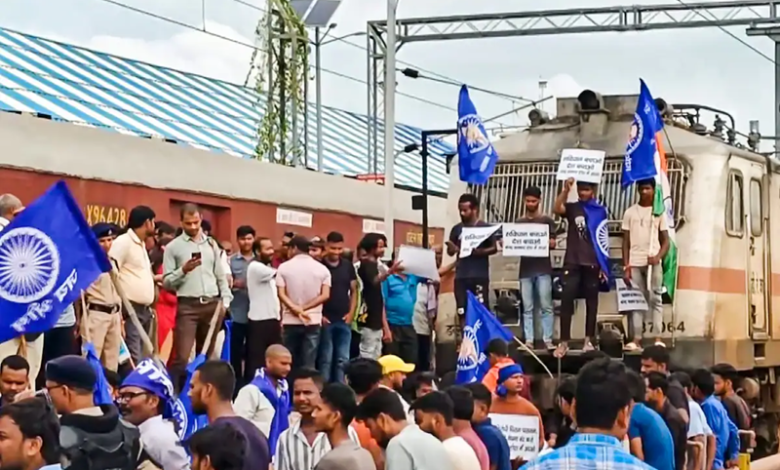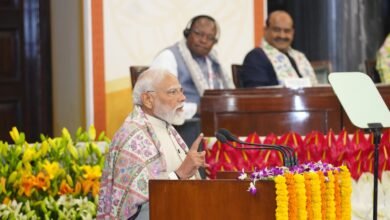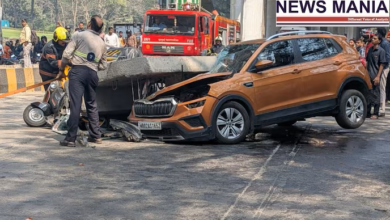Bharat Bandh Today: Adivasi Groups Rally Against SC’s ‘Quota Within Quota’ Ruling

News Mania Desk/Agnibeena Ghosh/21st August 2024
Today, India witnesses a significant protest, with Dalit and Adivasi organizations uniting under the banner of a ‘Bharat Bandh.’ This nationwide shutdown has been called by the National Confederation of Dalit and Adivasi Organisations (NACDAOR) to challenge a recent Supreme Court ruling that has sparked widespread controversy and concern among marginalized communities.
The core issue driving this protest is the Supreme Court’s decision on August 1, where a seven-judge bench, led by Chief Justice of India D.Y. Chandrachud, ruled by a 6:1 majority that states could sub-categorize Scheduled Castes (SCs) and Scheduled Tribes (STs) to ensure more equitable distribution of reservations. This ruling, which allows for further sub-classification within these groups, is seen by many as a potential threat to the established quota system that aims to provide fair representation to historically marginalized communities.
NACDAOR, representing Dalit and Adivasi interests, argues that this ruling undermines the foundational principles of the reservation system established by the landmark Indira Sawhney case. This case, decided in 1992, set the framework for India’s reservation policies, ensuring that SCs, STs, and Other Backward Classes (OBCs) receive adequate representation in government jobs and educational institutions. The recent Supreme Court verdict, according to protestors, risks diluting these hard-won rights by creating further divisions within already marginalized communities.
In response to this perceived threat, NACDAOR has demanded that the government dismiss the Supreme Court’s ruling and enact a new central law that would be shielded from judicial review by being placed under the Ninth Schedule of the Constitution. Historically, laws placed under the Ninth Schedule were meant to be beyond the purview of judicial scrutiny, although the Supreme Court has noted in previous judgments that even these laws can be reviewed if they violate fundamental rights.
Beyond challenging the Supreme Court’s ruling, the protestors have broader demands aimed at ensuring justice and equity for SCs, STs, and OBCs. They have called for the immediate release of caste-based data on government employees to assess whether these communities are being adequately represented in central and state government services. Additionally, they demand the filling of all backlog vacancies in government departments and public sector undertakings, emphasizing the need for affirmative action policies in private sector companies that benefit from government subsidies or investments.
The Bharat Bandh has garnered political support from several parties, including the Jharkhand Mukti Morcha (JMM), Congress, and the Rashtriya Janata Dal (RJD). Left parties have also endorsed the strike, adding to the momentum of the protest. Although there hasn’t been an official announcement, public services in states governed by these parties are likely to be disrupted, reflecting the widespread backing for the bandh.
However, essential services like hospitals, ambulances, and medical facilities are expected to remain operational, ensuring that the bandh does not impact emergency services. There is also no official word on the closure of banks, government offices, or educational institutions, but disruptions may still occur depending on the level of participation in different regions.
NACDAOR has urged all OBC, SC, and ST communities to participate in the bandh peacefully, aiming to send a strong message to the government and the judiciary about the need to protect and strengthen the rights of marginalized communities. As the day unfolds, the impact of the Bharat Bandh will be closely watched, with its implications resonating across the country.






